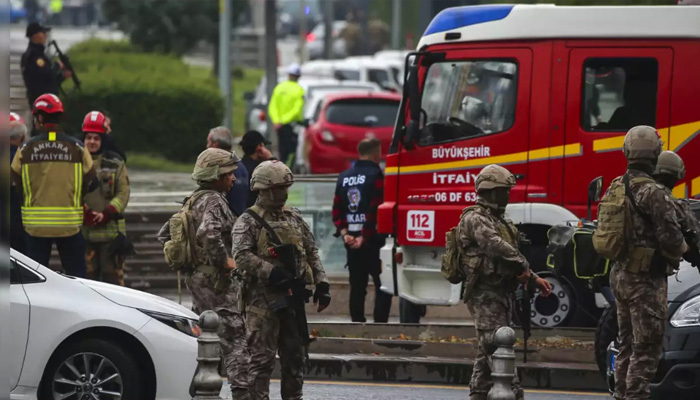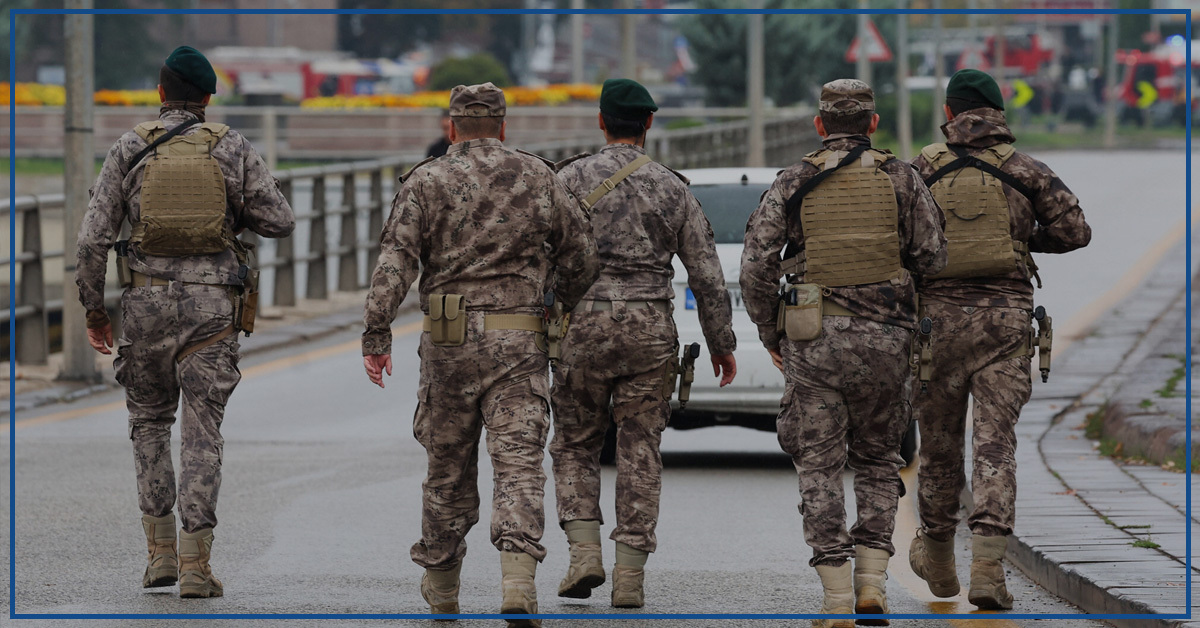In a swift and decisive response to the recent terror attack in Ankara, Turkish military forces launched a series of precision airstrikes on Kurdish targets in northern Iraq. Tensions have been escalating in the region, with Ankara pointing fingers at Kurdish militants for their alleged involvement in the attack that claimed the lives of innocent civilians.
Under the cover of darkness, Turkish aircraft crossed into Iraqi airspace, targeting known strongholds of the Kurdistan Workers’ Party (PKK), a group labelled as a terrorist organization by Turkey, the United States, and the European Union. The operation carried out with precision-guided munitions, aimed to cripple the PKK’s infrastructure and eliminate key leadership figures.
The terror attack in Ankara, which occurred just days before the Turkish airstrikes, left a trail of devastation in its wake. As the Turkish government mourned the loss of its citizens, officials wasted no time in holding the PKK responsible. The group has been a longstanding adversary of Turkey, advocating for Kurdish rights but often resorting to violence as a means to achieve its goals.
The international community remains watchful as the situation unfolds. The United States, a NATO ally of Turkey, expressed its concerns over the escalation of violence. The delicate balance of supporting a key ally while maintaining relationships with Kurdish groups who have been instrumental in the fight against ISIS poses a complex challenge for American diplomats.

Turkey’s military incursion into northern Iraq has raised questions about Iraq’s sovereignty. The Iraqi government swiftly condemned the airstrikes, emphasizing its commitment to preserving its territorial integrity. As tensions mount, there are concerns that this incident could further destabilize an already volatile region.
Kurdish leaders have denounced Turkey’s actions, labelling them as an unjustified attack on Kurdish communities. They argue that the PKK is only one faction among many in the region and that civilians are bearing the brunt of the conflict. The Kurdish struggle for self-determination has a long and complex history, and many Kurds feel caught in the crossfire of regional powers.
The situation on the ground remains fluid, and the prospects for a peaceful resolution appear dim at the moment. The cycle of violence between Turkey and Kurdish militants has endured for decades, with occasional flare-ups leading to further bloodshed. Finding a lasting solution to this conflict remains a daunting challenge.
In conclusion, the recent Turkish airstrikes on Kurdish targets in Iraq, following the terror attack in Ankara, have heightened tensions in the region. The international community is closely monitoring the situation, with concerns about Iraq’s sovereignty and the complex dynamics between Turkey, the United States, and Kurdish groups. As both sides dig in their heels, the path to peace and stability in this troubled region remains elusive.





